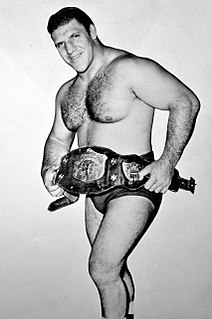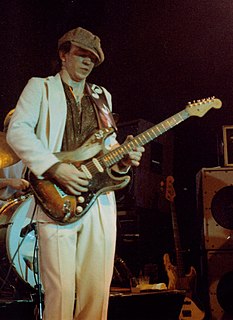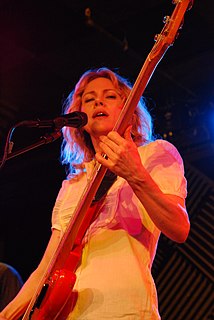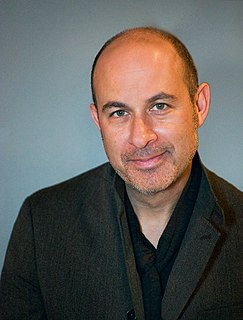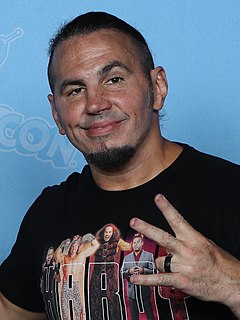A Quote by Bruno Sammartino
I don't want this to come out the wrong way, but in the '60s and '70s, I don't know anybody who was known around the world like I was.
Related Quotes
Elena had always felt like the center of her own world - who doesn't? The world arranged itself around her like petals around the stem of a flower. This way the meadows, that way the woodland. Over here, the baryn's estate, out there, the hills that hug the known world close and imply a world at beyond. She could never come up with the edge of a world, because it always kept going on beyond. She moved the center of the world as she walked. The world was balanced on her head.
When I was a kid, a lot of my parents' friends were in the music business. In the late '60s and early '70s - all the way through the '70s, actually - a lot of the bands that were around had kids at a very young age. So they were all working on that concept way early on. And I figured if they can do it, I could do it, too.
I was a child of the '60s basically, which is a real blank. I really started growing up, I think, in the '70s. I'm a glam-rock kid. But Dublin, Ireland in those days was a very dark place, as in it was a very poor, almost third world. Economically, the whole world is going through a recession at the moment. In the '60s, '70s, and the '80s in Ireland was a real recession. It wasn't a pleasant place.
I guess when I was younger, I'd have assumed that in 2008 music would be full of great writers following in the tradition of the young great writers of the '60s and '70s, but it hasn't turned out that way, or at least there are no other writers around that I look at and think: 'Wow, I'm outclassed, I need to get out of this business.'
When I began writing poems, it was in the late 60s and early 70s when the literary and cultural atmosphere was very much affected by what was going on in the world, which was, in succession, the civil rights movement, the antiwar movement, and the women's movement in the 60s, 70s, and into the early 80s. And all of those things affected me and affected my thinking, particularly the Vietnam War.
The late '60s and the '70s, a lot of this really beautiful equipment was being made and installed into studios around the world and the Neve boards were considered like the Cadillacs of recording consoles. They're these really big, behemoth-looking recording desks; they kind of look like they're from the Enterprise in Star Trek or something like that. They're like a grayish color, sort of like an old Army tank with lots of knobs, and to any studio geek or gear enthusiast it's like the coolest toy in the world.
I would like to see every gay doctor come out, every gay lawyer, every gay architect come out, stand up and let that world know. That would do more to end prejudice overnight than anybody would imagine. I urge them to do that, urge them to come out. Only that way will we start to achieve our rights.
Who do you know, who could come out on a flying carpet? P. Diddy standing at the bottom, come out like a concert, dancing, oozing confidence, and then get in and take somebody out? Come on, do you know anybody in the history of the sport that did what Prince Naseem did? I ain't trying to brag, but I was bloody good at it.
